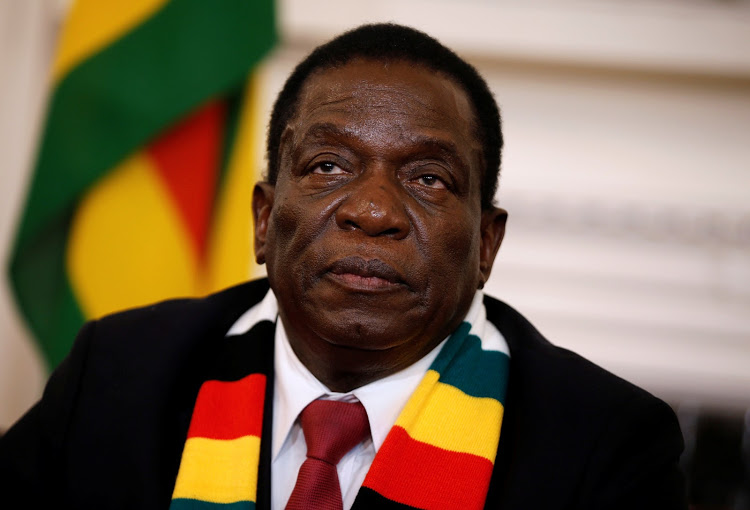In particular, section 164(c) of the Act criminalises the spread of what government classifies as false information online, punishable with a jail term of up to five years, or a fine, or both.
Speaking at the Media Alliance of Zimbabwe (MAZ) stakeholders’ conference in Harare, media lecturer Wellington Gadzikwa said section 164(c) of the Act did not clearly define the term “false messages”.
The section deals with transmission of false messages intending to cause harm.
It reads: “Any person, who unlawfully and intentionally by means of a computer or information systems makes available, broadcasts or distributes data to any other person concerning an identified or identifiable person knowing it to be false with intent to cause psychological or economic harm, shall be guilty of an offence and liable to a time not exceeding level 10 or to imprisonment for a period not exceeding five years or to both such fine and such imprisonment.”
Gadzikwa said lack of clarity on what constitutes “fake messages” gave the impression that the law was designed to target certain individuals in the country.
“I saw a tweet by the Ministry of Information announcing that we have a new law, and that someone will be arrested for spreading fake news. He was very clear that those who share fake news will be arrested and we are very afraid,” he said.
“The assumption that everyone knows fake news is wrong. Government must educate people on what’s fake news. The intent of the law isn’t to do with fake news, but to target one or two people. There are still debates on what is fake news around the world.”
Media lawyer Chris Mhike said many aspects of the Data Protection Act were problematic and needed to be amended or set aside.
“It’s very debatable, figuring, what’s correct or false. There are numerous aspects of the Act that are problematic. It’s a problematic statute. We ought to engage the lawmakers because the Act has shortfalls that need to be either amended or set aside,” he said.
Zengeza West MP Job Sikhala (MDC Alliance) later told NewsDay that the law needed to be repealed.
“It is an unjust law just like other previous oppressive statutes like the Public Order and Security Act and the Access to Information and Protection of Privacy Act, which died a natural death,” said Sikhala who is also a lawyer.
Information, Publicity and Broadcasting Services deputy minister Kindness Paradza said the law was not under the purview of his ministry.
“I don’t want to unpack the Data Protection Act because it doesn’t fall under my ministry. Why waste time
debating on it because it’s now an Act?” he said.

COMMENTS